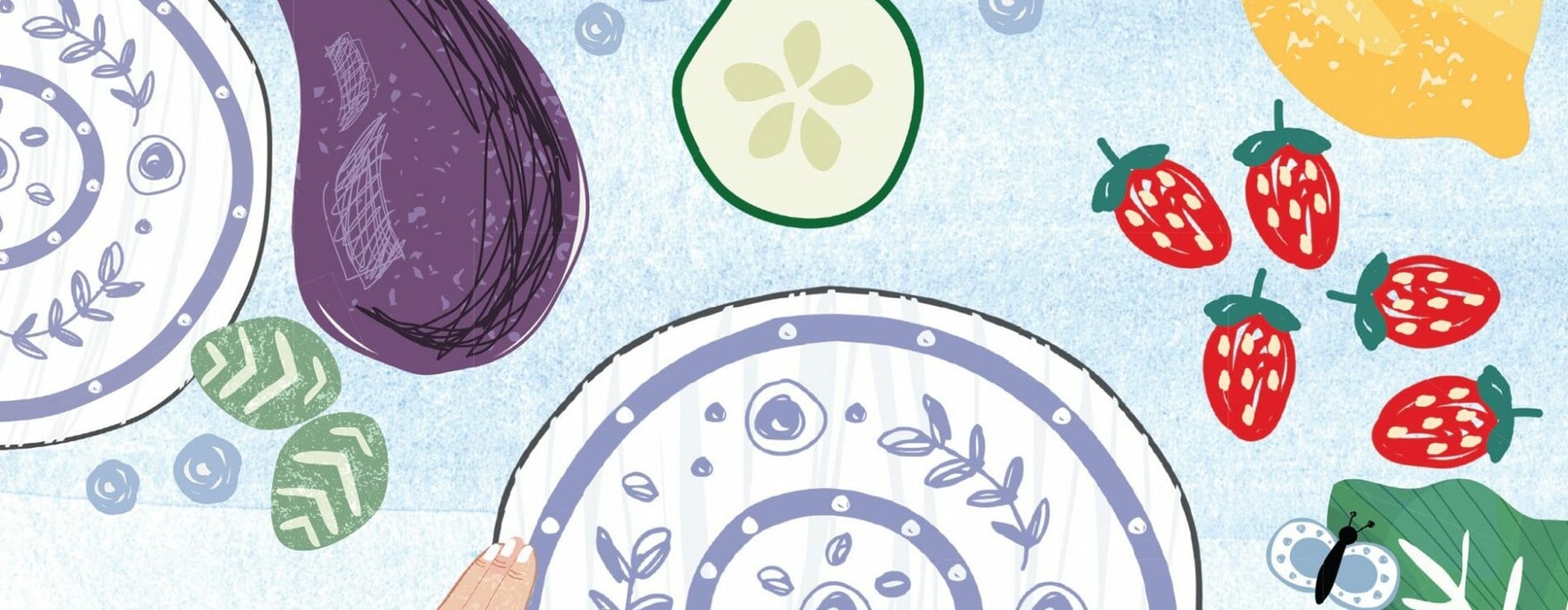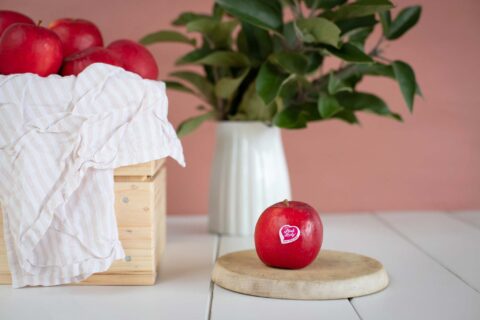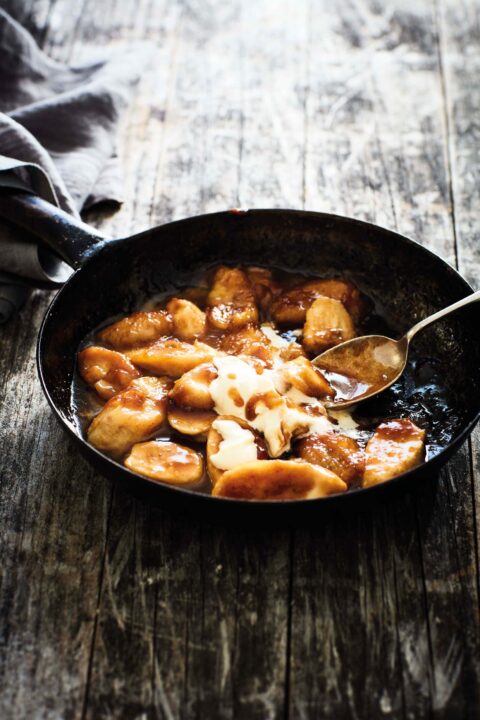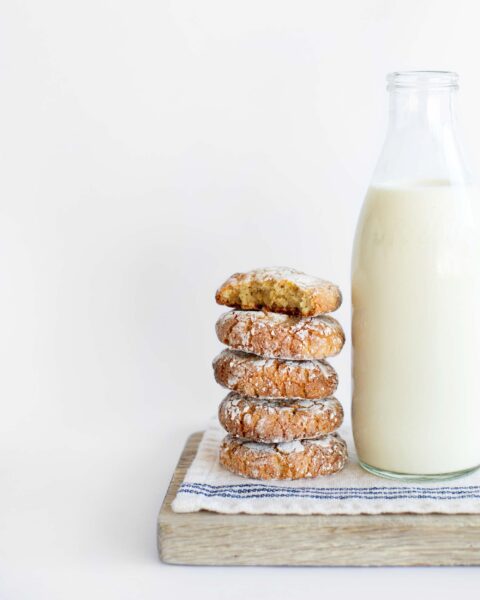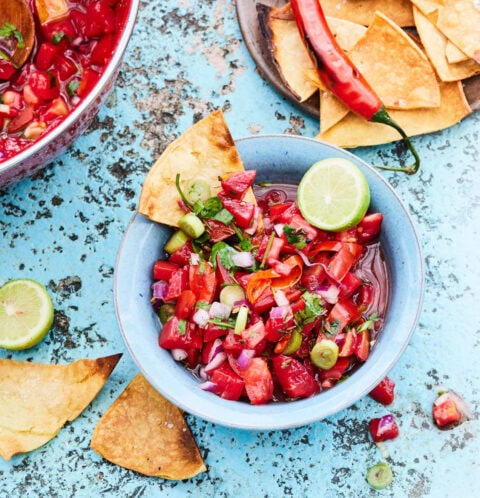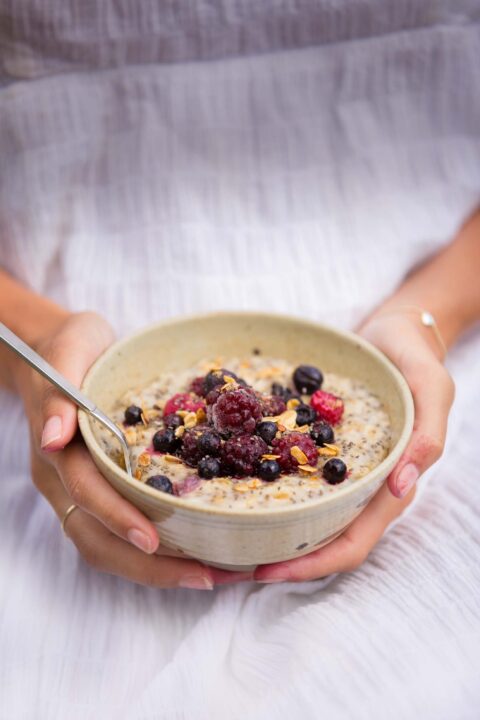Let these practical tips from groundbreaking book, Spoon-Fed, be the springboard into a healthier and more sustainable lifestyle.
Remember that not all nutritional advice is wrong. There are some areas where nearly all experts agree, before politicians and industry cloud the message. Eating more plants is definitely important as this gives you more fibre, polyphenols and key nutrients.
These fruits and vegetables should, however, replace other food items, not simply be added on top as most guidelines suggest. Not all plants are equal: some have much more polyphenols than others, and as a general rule, bright or dark colours are a good sign, including a wide range of berries, beans, artichokes, grapes, prunes, red cabbage, spinach, peppers, chilli, beetroot and mushrooms. Tannins and bitter tastes are another positive sign, in foods such as high-quality coffee, green tea, extra virgin olive oil, dark chocolate and red wine.
But we shouldn’t just eat kale smoothies every day; the number and variety of different plants is crucial. The more plant species we can eat in a week (ideally 20 to 30), the healthier and more diverse our gut microbes become, which helps to keep our bodies in good shape.
This is not as hard as it sounds and includes eating all parts of the plant – grains, leaves, bulbs, flowers, seeds, nuts, roots, herbs or spices. Keeping these plants as whole as possible, with less mechanical or chemical processing, is also sensible. We can all be more adventurous in our habits, testing our palates on novel or unusual plants and taking advantage of mixed vegetable and meal boxes to experiment with. These have certainly helped me diversify my range of foods and vegetarian cooking techniques.
So-called probiotics or fermented foods are helpful to give our gut community a regular exposure to fresh, live microbes. As well as eating good-quality cheese (ideally made with unpasteurised milk), consuming natural full-fat yoghurt regularly is healthy for most people.
For an even more concentrated dose of multiple microbes, try fermented milk called kefir or fermented tea (kombucha) or add fermented vegetables like sauerkraut or kimchi. We can make these ourselves at home, which usually have more microbes than commercial versions. Studies show that we need to ingest a small amount of fermented foods regularly (daily or on alternate days) to have a significant effect, as the new bugs don’t survive in our guts, just the beneficial effect of their chemical signals.
Remember that we need to think of foods in relative not absolute terms. We can choose to increase our plant intake indirectly by reducing something else, like our consumption of meat, fish or potatoes, to allow more room on our plate for other vegetables. There is no doubt that the greatest contribution to saving the planet we can make as individuals is to reduce our meat, fish and dairy consumption.
This will leave more land to grow trees or plants to protect and feed us more efficiently. We should all pay more attention to the source, quality and sustainability of the way the animal is raised, which can vary enormously. We should also get to know all the plants we eat much better, for the same reasons.
The more plants we eat, the more we should think about the herbicides we are regularly ingesting and consider organic options until we know more about the risks. Where possible, we should try buying our plants from a shop we trust, with real people not automated checkouts, where we can ask questions and improve our education.
The 12 point plan
The whole point of Spoon-Fed is not to tell you how or what to eat, and I have tried my best not to fall into the trap of offering one-size-fits-all guidelines. But if I had to boil down what I’ve learned into generic advice that could apply to everyone, these statements should be easy to remember and are hard to argue with:
1 Eat diverse foods, mainly plants, without added chemicals.
2 Question the science and don’t believe quick-fix single solutions.
3 Don’t be fooled by labels or marketing.
4 Understand that you are not average when it comes to food.
5 Don’t get into food ruts: diversify and experiment.
6 Experiment with meal timings and skipping meals.
7 Use real food, not supplements.
8 Avoid ultra-processed foods with more than 10 ingredients.
9 Eat foods to improve gut microbe diversity.
10 Reduce regular blood glucose and blood fat spikes.
11 Reduce meat and fish consumption and check its sustainability.
12 Educate yourself and the next generation in the importance of real food.

